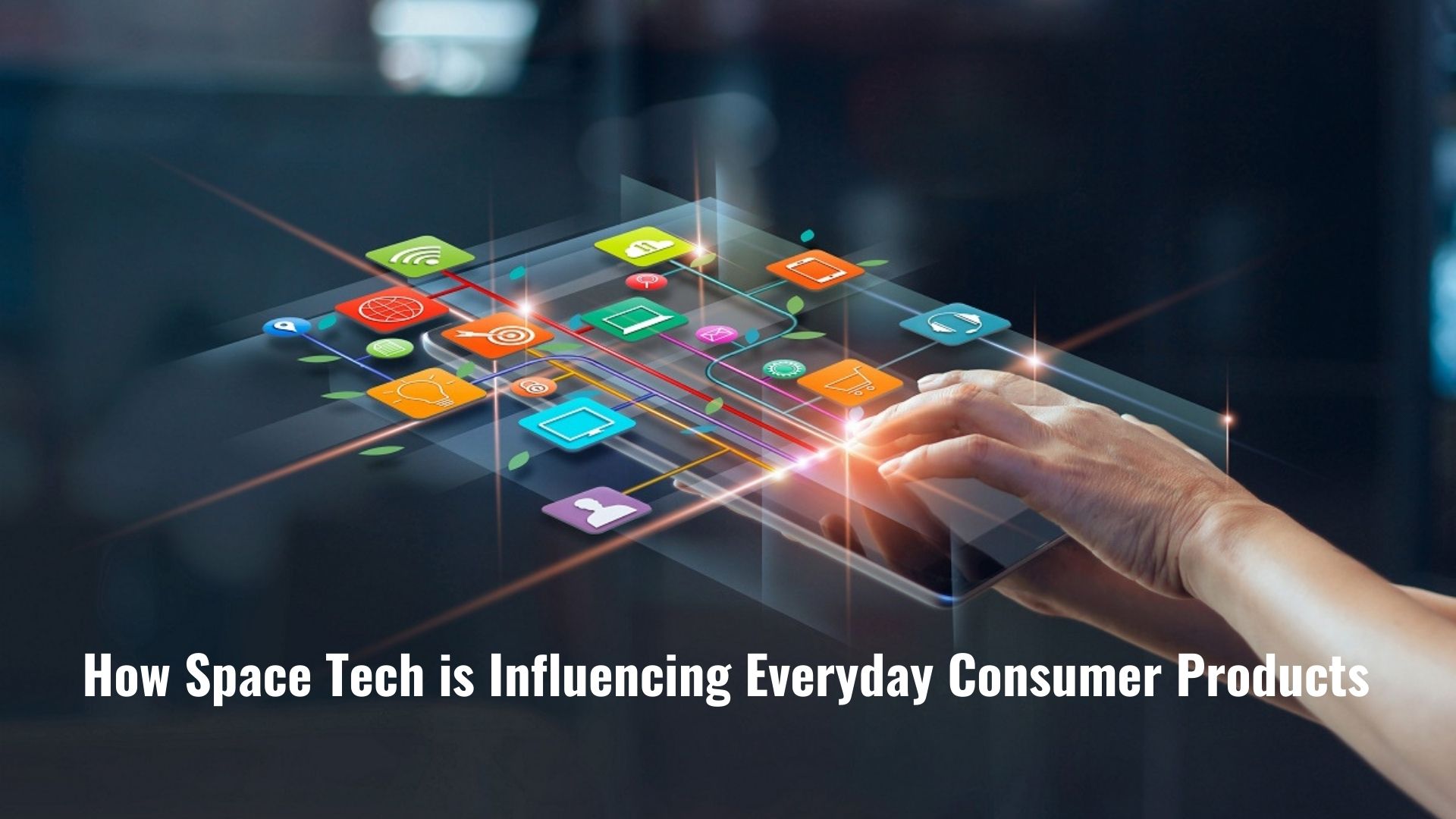Space exploration has long been a driver of technological innovation, but its impact goes far beyond rockets and satellites. Many advancements developed for space missions have found their way into everyday consumer products, enhancing our daily lives in ways we often don’t realize. Here’s how space technology is shaping the products we use every day.
1. Wearable and Smart Fabrics
a. Memory Foam
Initially developed by NASA to improve seat cushioning for astronauts, memory foam is now a staple in mattresses, pillows, and footwear, providing superior comfort and support.
b. Moisture-Wicking and Heat-Regulating Fabrics
Space suits are designed to regulate temperature and manage moisture in extreme conditions. This technology is used in sportswear, outdoor gear, and medical clothing to keep wearers comfortable.
2. Food and Beverage Innovations
a. Freeze-Dried Foods
Developed for astronauts to carry lightweight, long-lasting meals into space, freeze-drying technology is now widely used in instant coffee, emergency food supplies, and backpacking meals.
b. Water Purification Systems
NASA’s water filtration technologies, designed to recycle water in space stations, have led to the development of advanced consumer water purifiers, providing clean drinking water in homes and disaster-stricken areas.
3. Health and Medical Advancements
a. Infrared Thermometers
Infrared technology, originally used to measure temperatures in space, is now widely applied in contactless thermometers, making temperature checks faster and more hygienic.
b. Artificial Limbs and Prosthetics
Materials and robotic advancements inspired by space robotics have improved the development of high-performance prosthetic limbs, enhancing users’ mobility and quality of life.
4. Home and Consumer Electronics
a. Cordless Tools
Battery-powered drills and other cordless tools were first developed for astronauts to use on the moon. Today, they are a must-have in households and professional toolkits worldwide.
b. Scratch-Resistant Lenses
NASA developed scratch-resistant coatings for astronaut helmet visors, now widely used in eyeglasses, sunglasses, and camera lenses.
5. Transportation and Safety Enhancements
a. Anti-Icing Systems
Space technology designed to prevent ice build-up on spacecraft has been adapted for airplanes, cars, and road safety measures.
b. Improved Car Tires
Rubber innovations from NASA’s lunar rover tires have influenced the development of long-lasting, high-performance tires for everyday vehicles.
Conclusion
Space technology continues to drive innovation in consumer products, making life safer, more efficient, and more comfortable. As space exploration advances, we can expect even more groundbreaking applications to shape our daily lives.
Which space-derived consumer product surprises you the most? Share your thoughts in the comments!

